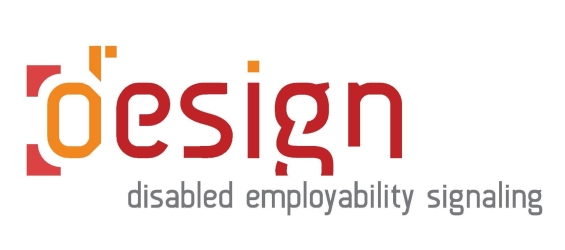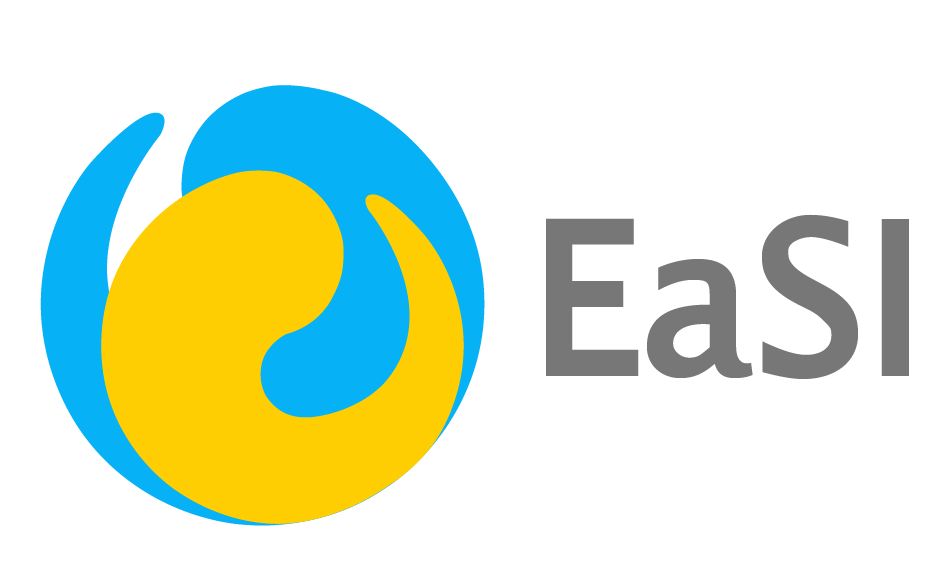DESIGN
Disabled Employability Signaling


Project description
DESIGN project stands for finding the most suitable person for a job, for breaking discrimination cycles and society prejudice barriers that people with disability are facing. Our aim is to deliver high job placement counselling services, to disable people and to employers that have suitable job places.
The project is focused to create a learning network platform to support Social Services providers, specialized in disabled persons job placement and to increase the job profiling of disabled persons. It is expected a better management of job placement services, stronger networking and effectiveness in employers engagement and most of all, higher rate of disabled persons employability.
Expected outcomes of the project
Evidence review on disabled persons job placement services
The first intellectual output will consists in an evidence review on existing projects, addressing employers engagement and intermediation to place and support people with disabilities, the candidates profiling and job placement practices. A synthesis of reviewed research findings will be realized and also, a selection of the best practices.
Job Profile Assessment Tool and manual (JPAT)
The second intellectual output will be based on developing a job profiling tool, to help JPS provide accurate guidance, counselling and employers matching to disable people applicants.
The Job Profile Assessment Tool (JPAT) framework will include key exercises to measure applicant employability potential and profile and skills assessment to measure its level of proficiency.
This will provide JPS key information to manage and to guide the disable people employability process.
JPS Learning programme manual
The third intellectual output will represent the design of a learning course (curricula and programme) targeting JPS professionals. The course curricula will include general description of the course, intended audience, keywords, language of instruction, objectives, learning outcomes, learning hours, teaching & learning methods, assessment methods.
The output also foresees the creation of a programme and its parameters including: timetable, the design of the methodology for JPS guidance, counselling and job place matching processes and the training course configuration.
Communication toolkit
The fourth intellectual output consists on creation of a communication toolkit, to increase employers engagement and job mediation services effectiveness.
The Communication Toolkit looks to provide a consistent support to project experience promotion and replication. The toolkit will provide communication tools, instruments and elements to be used by JPS when dealing with employers engagement to find matching job places according with disabled persons employability profiles.
Any NGO, job center or employers association can, under request, get access and use it to promote the DESIGN job placement service model.
Job Placement Service Model
The last intellectual output aims to provide the instructions to Job Placement Services (JPS) in delivering the employability potential and profiling model. The model will be written in a guide format, like a manual.
The structure of IO5 will be to instruct end users to better use all project outputs.
Promoter
AFEJI, France
Partners
ANDICAT (ESAT Ateliers de la Lys), France
KézenFogva Alapítvány (Hand in Hand Foundation), Hungary
APROXIMAR, Cooperativa de Solidariedade Social CRL, Portugal
Fundação AFID Diferença, Portugal
Asociatia Profesionala Neguvernamentala de Asistenta Sociala ASSOC, Romania
European Association for Social Innovation, Romania
Timeframe
01/09/2016 – 31/08/2019 (36 months)
More information at: https://design-disability.weebly.com/

The European Commission support for the production of this publication does not constitute an endorsement of the contents which reflect the views only of the authors, and the Commission cannot be held responsible for any use which may be made of the information contained therein.
